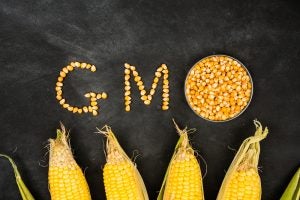While Mexico and the United States are still at odds over Mexico’s proposed ban on GM corn, one of the world’s biggest agricultural markets, China, has ended its decade-long debates over GM alfalfa and canola this week.
According to Reuters, China has approved the import of eight genetically engineered crops (often simply referred to as GMOs), including Bayer’s glyphosate-resistant alfalfa, Corteva’s canola, a BASF herbicide-resistant cotton, and GM sugar cane traits that were developed in Brazil.
One of the approved alfalfa varieties, Bayer’s J163, was submitted for approval more than a decade ago.
Despite’s Chinese President Xi Jinping’s support of GM technology, Beijing has not approved any significant crops for cultivation yet.

So, where’s the U.S.-Mexico GM corn debate at?
The short answer: Things are still at a stalemate. However, U.S. Agriculture Secretary Tom Vilsack indicated at the American Farm Bureau Federation meeting that they weren’t planning on compromising with Mexico on the country’s efforts to ban GM corn from the U.S.
Mexican President Andres Manuel López Obrador issued a decree in 2000 banning corn imports by January 2024. Still, the incoming ban has stirred up concerns for Mexico’s ability to secure enough non-GM corn to meet its needs.
Currently, biotech corn accounts for 90 percent of American-grown corn. And, while Obrador has offered an unclear concession for livestock feed in attempt to curtail legal action over the U.S.-Mexico-Canada Agreement.
Although President Joe Biden met with Obrador on Monday, The White House’s press briefing only addresses trade agreements, not the ban of GM corn: “The two Presidents reaffirmed their commitment to the United States-Mexico-Canada Agreement as the foundation for North American competitiveness and the basis for economic prosperity and social development.”
Supporters of the ban are still concerned about genetically modified varieties of corn impacting ancient, native corn genetics in Mexico. Obrador indicated last year that he wants a further assessment on how genetically modified corn could impact human health.


